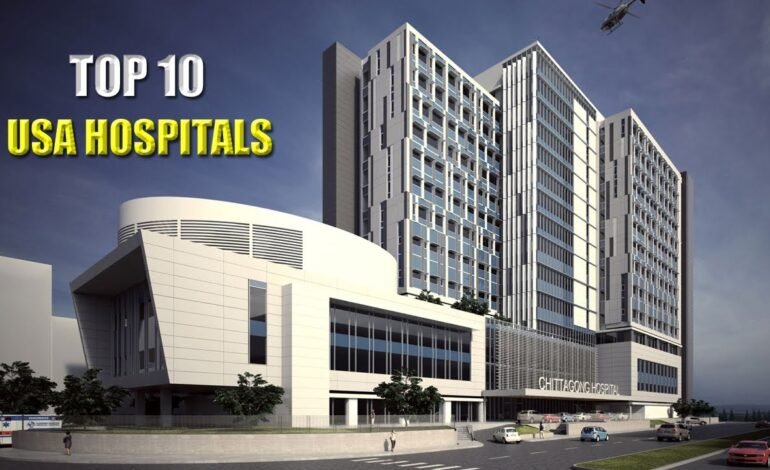- Johns Hopkins Hospital, Baltimore, MD
- Cleveland Clinic, Cleveland, OH
- Brigham and Women’s Hospital, Boston, MA
- UCLA Medical Center, Los Angeles, CA
- MD Anderson Cancer Center, Houston, TX
- Boston Children’s Hospital, Boston, MA
- Bascom Palmer Eye Institute, Miami, FL
- Mount Sinai Medical Center, New York, NY
- Hospital for Special Surgery, New York, NY
- Orlando Health Arnold Palmer Hospital for Children, Orlando, FL
- Navigating the U.S. Healthcare System: What You Need to Know
- The Importance of Health Insurance for Expatriates and Visitors
- Frequently Asked Questions
- Conclusion
The top hospitals in the U.S. include the Johns Hopkins Hospital in Baltimore, the Cleveland Clinic in Cleveland, Brigham and Women’s Hospital in Boston, the UCLA Medical Center in Los Angeles, the MD Anderson Cancer Center in Houston, the Boston Children’s Hospital in Boston, and more.
Here’s a curated list of some of the best hospitals across the United States, known for their excellence in medical care:
Johns Hopkins Hospital, Baltimore, MD
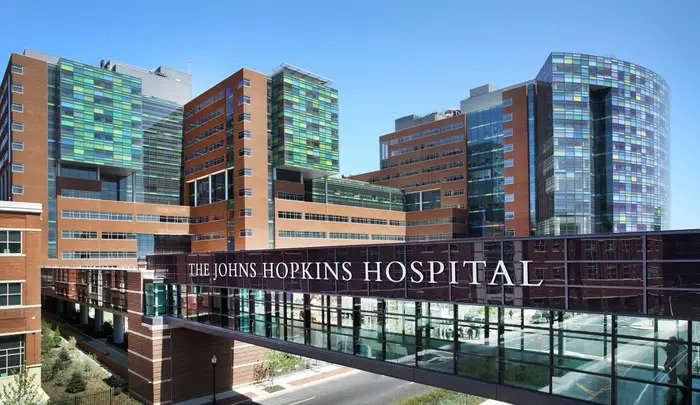
A top-ranked institution renowned for pioneering medical research and patient care. Specializes in neurology, neurosurgery, cancer care, and pediatrics. It’s recognized as one of the best hospitals globally.
Their contact details are as follows:
Address: 600 N. Wolfe Street, Baltimore, MD 21287, USA
Tel: +1 410 955 1983
Cleveland Clinic, Cleveland, OH
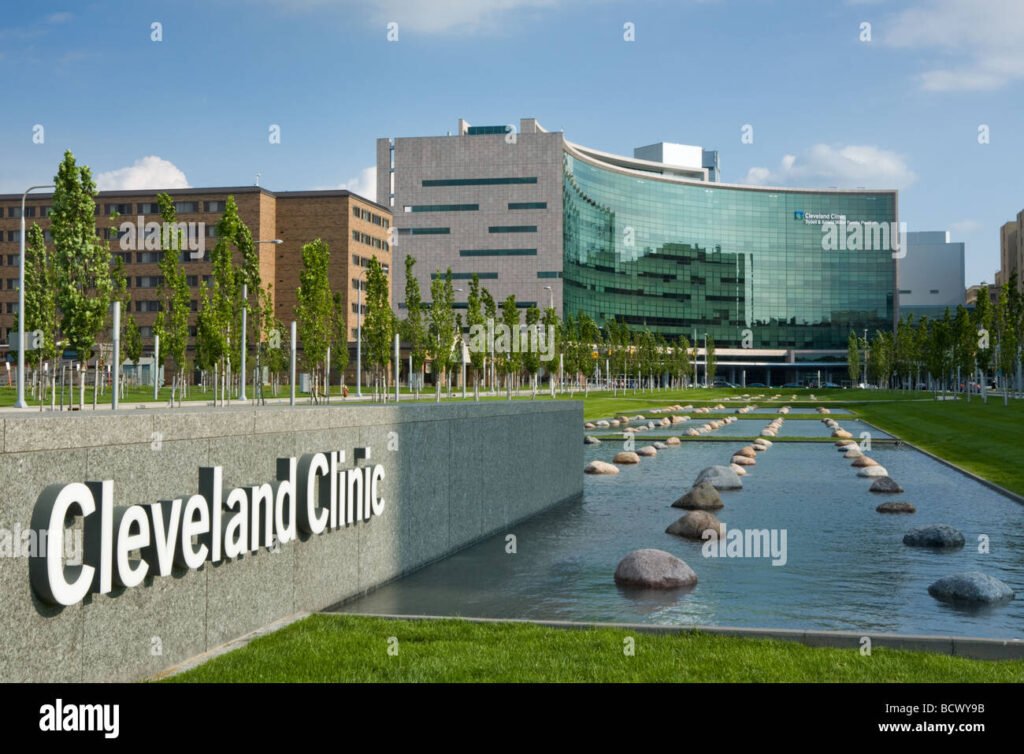
Globally acclaimed for its cardiology and heart surgery programs, the Cleveland Clinic is a leader in medical innovations and comprehensive patient care across multiple specialties, including cancer and orthopedics.
Their contact details are as follows:
Address: 3000 West Cypress Creek Road, Ft. Lauderdale, FL 33309, USA
Tel: +1 954 978 5000
Brigham and Women’s Hospital, Boston, MA
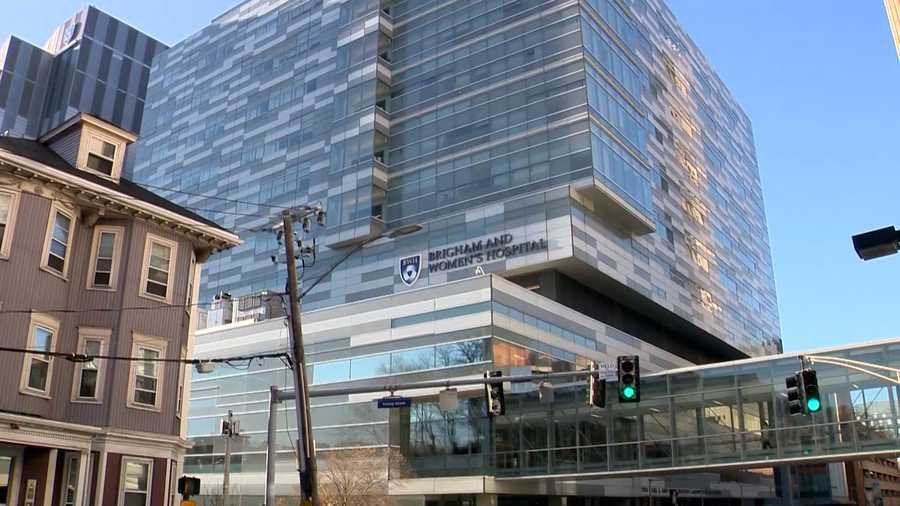
A teaching affiliate of Harvard Medical School, it excels in cancer care, cardiology, and neurology. It is known for its strong emphasis on research and innovation, particularly in women’s health and surgery.
Their contact details are as follows:
Address: 75 Francis Street, Boston, MA 02115, USA
Tel: +1 617 732 5500
UCLA Medical Center, Los Angeles, CA
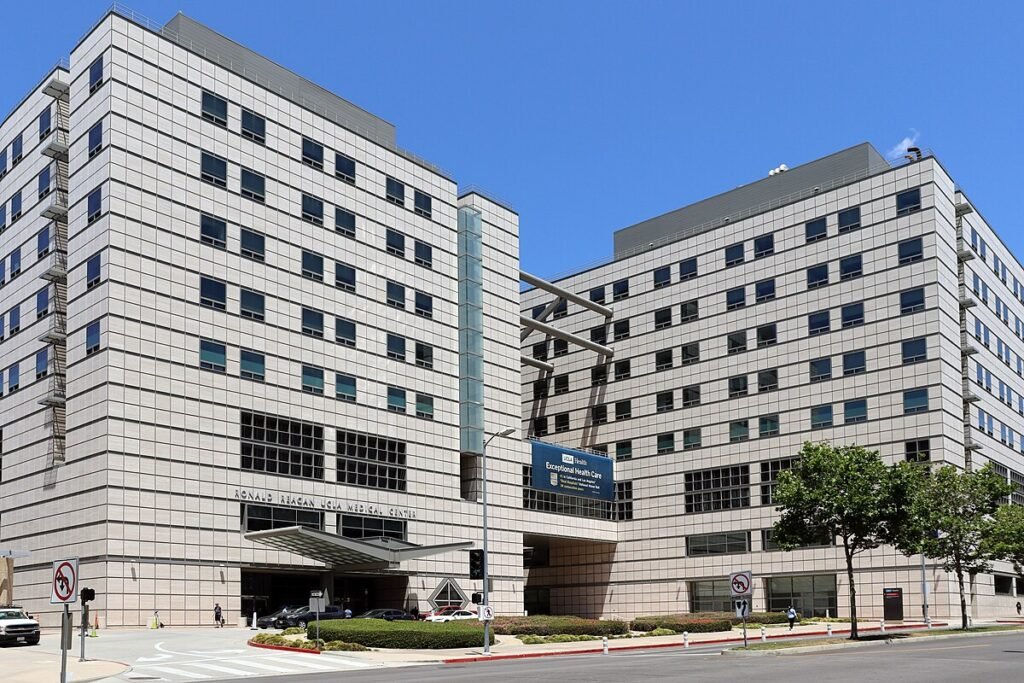
Consistently ranked among the best hospitals, UCLA Medical Center excels in treating complex medical conditions, with leading geriatrics, oncology, and cardiology programs.
Their contact details are as follows:
Address: 10920 Wilshire Boulevard, Los Angeles, CA 90024, USA
Tel: +1 310 794 8759
MD Anderson Cancer Center, Houston, TX
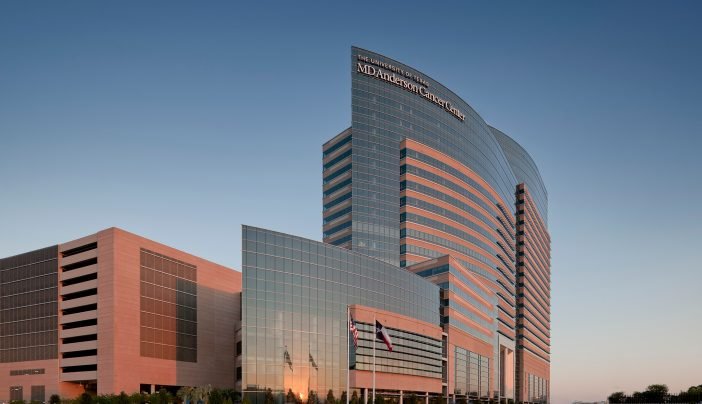
A world leader in cancer care, MD Anderson is renowned for its cutting-edge research and comprehensive treatment plans, making it a top destination for patients globally.
Their contact details are as follows:
Address: 1515 Holcombe Boulevard, Houston, TX 77030, USA
Tel: +1 713 792 2991
Boston Children’s Hospital, Boston, MA
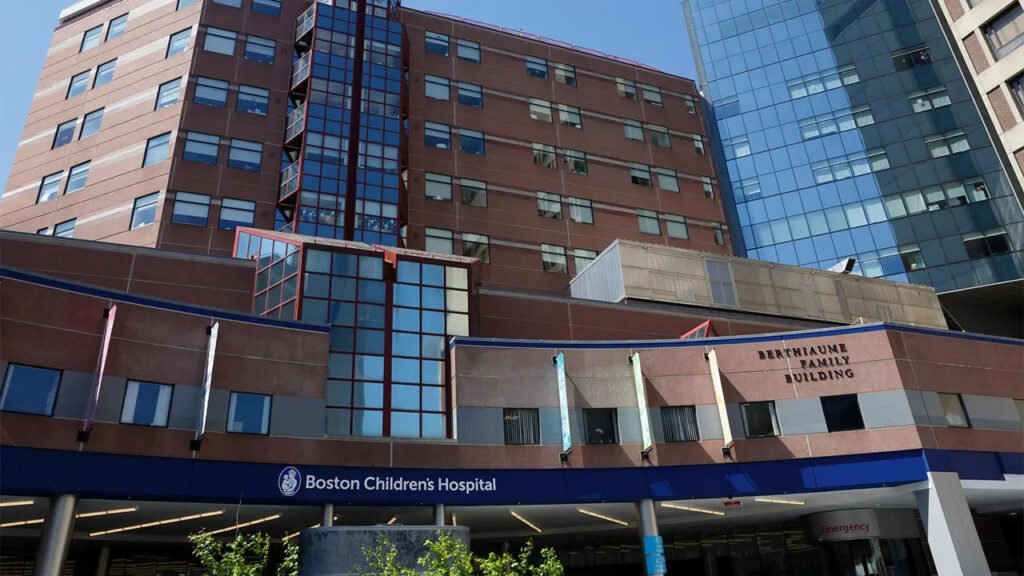
A premier pediatric hospital recognized for its specialized care in pediatric cardiology, neurology, and cancer treatments. It’s a top destination for complex pediatric cases.
Their contact details are as follows:
Address: 350 Longwood Avenue, Boston, MA 02115, USA
Tel: +1 617 355 8929
Fax: +1 617 730 0144
Bascom Palmer Eye Institute, Miami, FL

The top-ranked eye hospital in the U.S., specializing in ophthalmology. It’s known for its advanced treatments and surgeries for various eye conditions and diseases.
Their contact details are as follows:
Address: 900 NW 17th Street, Miami, FL 33136, USA
Tel: +1 305 326 6000
Mount Sinai Medical Center, New York, NY
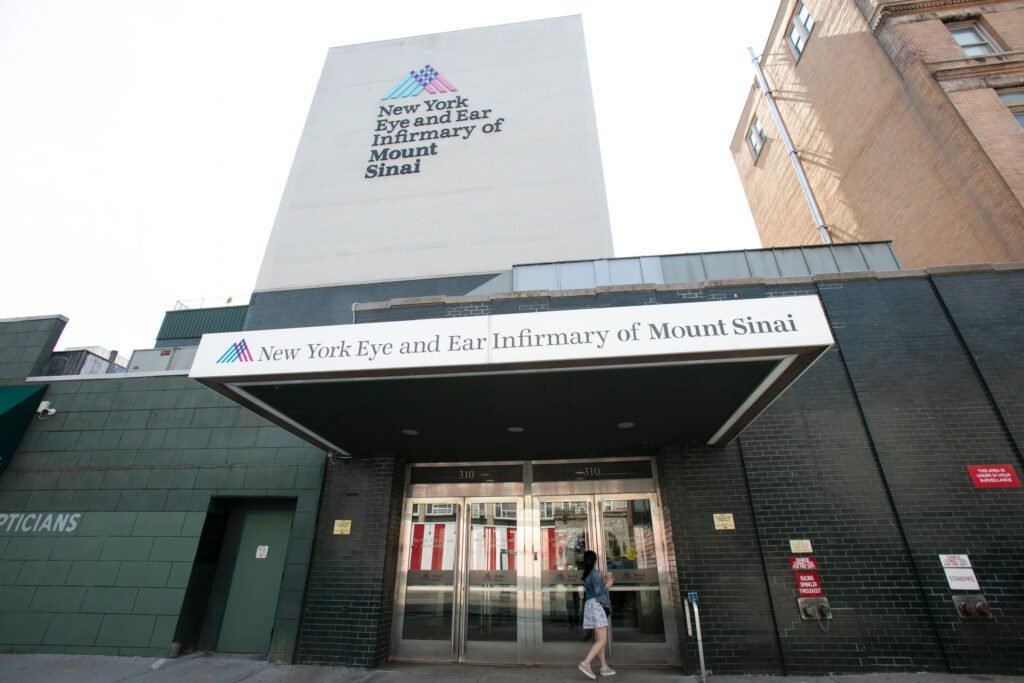
This leading hospital is known for its excellence in geriatrics, cardiology, and neurology. It’s a hub for medical research and education, affiliated with the Icahn School of Medicine.
Their contact details are as follows:
Address: One Gustave L. Levy Place, New York, NY 10029, USA
Tel: +1 212 241 6500
Hospital for Special Surgery, New York, NY
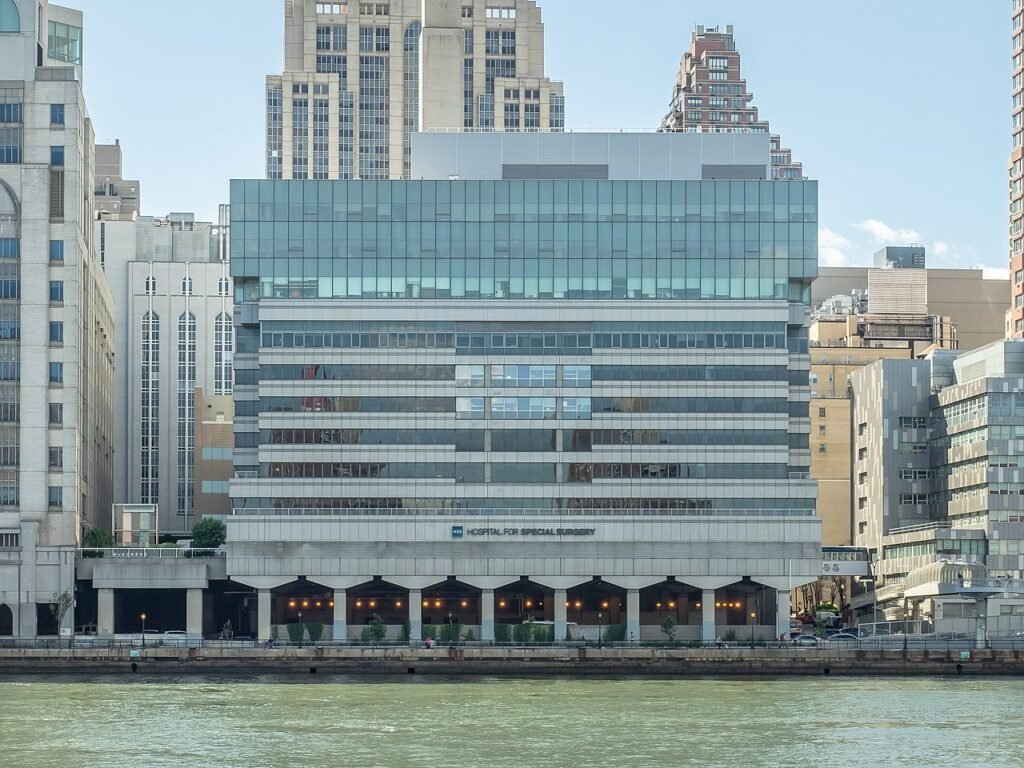
The nation’s top orthopedic hospital is renowned for joint replacement, spine surgery, and sports medicine. Patients from all over the world seek care here for musculoskeletal conditions.
Their contact details are as follows:
Address: 535 East 70th Street, New York, NY 10021, USA
Tel: +1 212 606 1000
Orlando Health Arnold Palmer Hospital for Children, Orlando, FL

Tied to Florida’s best children’s hospital, it’s nationally recognized for excellence in pediatric cardiology, oncology, and orthopedics.
Their contact details are as follows:
Address: 92 West Miller Street, Orlando, FL 32806, USA
Tel: +1 407 647 9111
Navigating the U.S. Healthcare System: What You Need to Know
The U.S. healthcare system is privately managed, has a vast network of specialized hospitals to choose from, has limited public hospital availability, has a high cost of healthcare, requires insurance coverage, and has substantial out-of-pocket costs.
Understanding these key points is crucial for expatriates and visitors to ensure they can access and afford the medical care they need. To make well-informed decisions, read more from the following list:
- Privately Managed Healthcare: The U.S. healthcare system is largely driven by private entities, unlike many other countries that offer a mix of public and private options. This means that most hospitals and clinics operate on a for-profit basis.
- Vast Network of Hospitals: The U.S. has over 5,700 hospitals, with a significant concentration in urban areas. These facilities offer a wide range of specialized care, particularly in fields like oncology, cardiology, and neurology.
- Limited Public Hospital Availability: While public hospitals do exist, they are fewer in number and often located in major cities. These hospitals may be more crowded, leading to longer wait times, but they might be less expensive than private options.
- High Cost of Healthcare: The cost of medical care in the U.S. is among the highest in the world. Even with insurance, Americans spend significantly more on healthcare than residents of other developed nations. Visitors and expatriates should be prepared for potentially high out-of-pocket expenses.
- Insurance Coverage is Crucial: Health insurance is not mandatory for visitors, but it is strongly advised. Without insurance, even a routine emergency room visit can cost thousands of dollars. Hospitals may require upfront payment or proof of their ability to pay before providing non-emergency care.
- Emergency Services are Accessible: Emergency care is available across the country, including in rural areas. Dialing 911 connects you to emergency services, with ambulances typically affiliated with the nearest hospital, ensuring quick and efficient response times.
- Specialized Care in Urban Centers: Many of the country’s top hospitals, known for specialized care in areas such as cancer treatment, are located in major metropolitan areas. If you need advanced medical treatment, these urban hospitals are your best option.
- Rural Healthcare Accessibility: While emergency care is available in rural areas, specialized services are less common, and you may need to travel to a larger city for comprehensive medical treatment.
- Out-of-Pocket Costs: Even with insurance, co-pays, deductibles, and out-of-network charges can result in substantial out-of-pocket expenses. It’s important to understand your insurance policy and what it covers before seeking treatment.
- Legal Obligations for Hospitals: U.S. hospitals are legally required to provide emergency care regardless of your ability to pay. However, for non-emergency treatments, they may refuse service if you cannot pay or lack sufficient insurance coverage.
- Healthcare Planning is Essential: Before arriving in the U.S., it’s important to research and plan for your healthcare needs. Consider purchasing travel or health insurance that offers comprehensive coverage to avoid unexpected medical expenses.
The Importance of Health Insurance for Expatriates and Visitors
Having health insurance in the United States protects you from exorbitant medical costs, ensures access to quality care, provides coverage for emergencies, ensures compliance with visa requirements, and guarantees peace of mind through your work and travels.
While travel health insurance is not mandatory for visitors, it is strongly recommended. The cost of emergency care can be prohibitive, with routine visits potentially running into thousands of dollars, leaving uninsured patients vulnerable to exorbitant medical bills.
Listed below are the key reasons why health insurance is essential for visitors and expatriates in the United States:
- High Medical Costs: The U.S. healthcare system is one of the most expensive in the world. Without insurance, even a minor medical issue can result in significant out-of-pocket expenses, making health insurance crucial for financial protection.
- Access to Quality Care: Many U.S. healthcare providers require proof of insurance before offering non-emergency treatment. Having health insurance ensures that visitors and expatriates can access a wide range of medical services without delay.
- Coverage for Emergencies: Medical emergencies can happen unexpectedly. Health insurance provides coverage for emergency care, including hospital stays, surgeries, and ambulance services, which can otherwise be prohibitively expensive.
- Compliance with Visa Requirements: Some U.S. visas, especially those for students and certain types of workers, require proof of adequate health insurance coverage. Meeting these requirements is essential for legal compliance and maintaining your visa status.
- Peace of Mind: Knowing that you are covered in case of illness or injury provides peace of mind, allowing visitors and expatriates to focus on their work, studies, or travel experiences without worrying about potential medical expenses that may bankrupt them.
Frequently Asked Questions
Why is health insurance crucial for expatriates and visitors seeking medical care in the United States?
Health insurance is essential for expatriates and visitors in the U.S. because the healthcare system is one of the most expensive in the world. Without insurance, even routine medical visits can result in significant out-of-pocket expenses.
What are some of the best hospitals in the United States that expatriates should consider?
The U.S. is home to some of the world’s top hospitals, known for their excellence in various specialties. Some of the best hospitals include Johns Hopkins Hospital in Baltimore, the Cleveland Clinic in Cleveland, and the UCLA Medical Center in Los Angeles.
What should expatriates know about accessing healthcare in the U.S.?
Expatriates should be aware that the U.S. healthcare system is largely privately managed, with limited public hospital availability. The high cost of healthcare means that without insurance, individuals might face upfront payments and high out-of-pocket costs.
Conclusion
With hospitals such as John Hopkins Hospital, Cleveland Clinic, and UCLA Medical Center, the U.S. healthcare system offers unparalleled medical care. However, all their services come at a cost, which requires securing health insurance.
For expatriates and visitors, securing comprehensive health insurance is essential to avoid the financial burden of unexpected medical expenses and to ensure access to the high-quality care that these institutions provide.
If you are interested in securing comprehensive health insurance for your travels and expatriate lives in the United States, Pacific Prime can assist you. With decades of experience, our experts can match your budget with a comprehensive plan that suits your needs.

